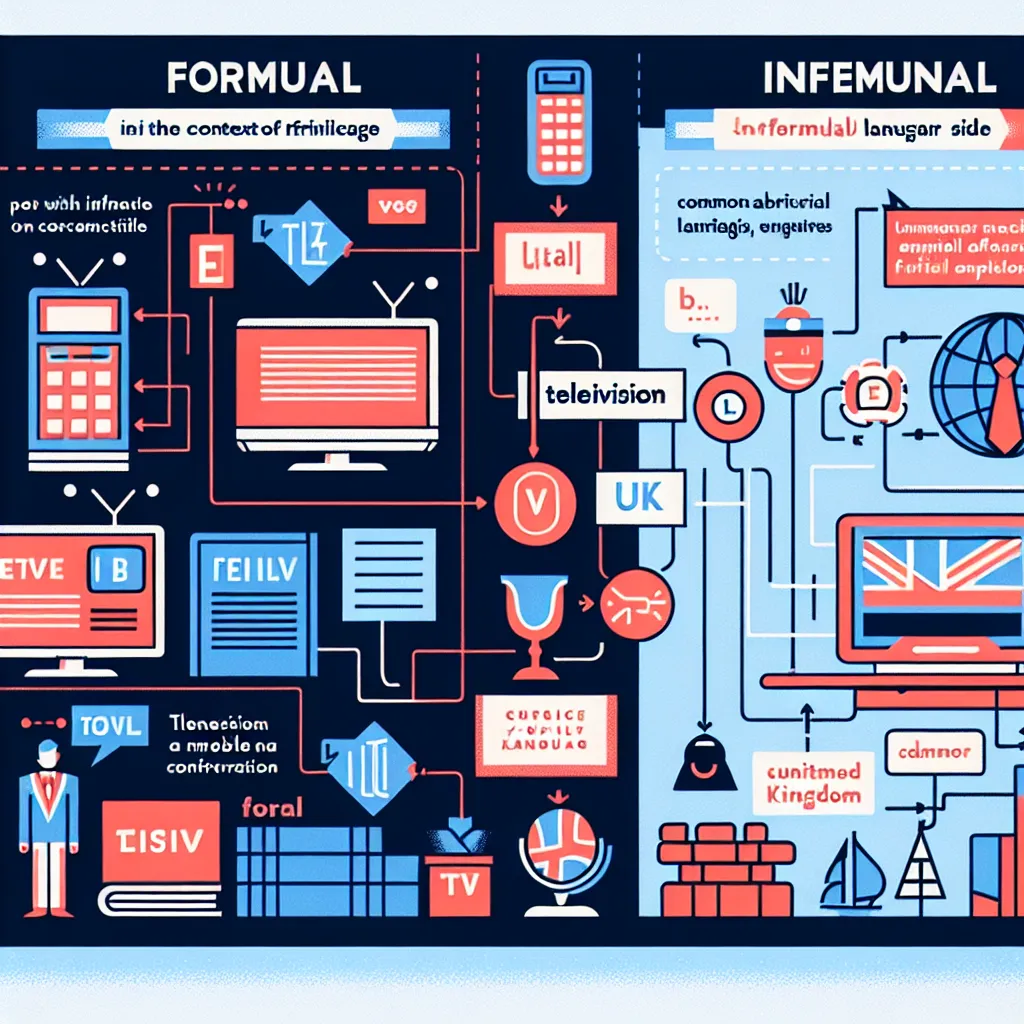As an IELTS instructor with over 20 years of experience, I often get asked by my students about the use of abbreviations in the IELTS Speaking test. It’s a valid concern, as using language appropriately is key to achieving a high score. So, let’s delve into this question and explore the nuances of using abbreviations effectively in your IELTS Speaking exam.
Understanding the Use of Abbreviations in Spoken English
Abbreviations are shortened forms of words or phrases commonly used in both written and spoken English. While they can add a natural flow to spoken language, their use in a formal setting like the IELTS Speaking test requires careful consideration.
When and How to Use Abbreviations in IELTS Speaking
The key to using abbreviations effectively in the IELTS Speaking test lies in understanding the context and the register.
Formal vs. Informal Language
The IELTS Speaking test assesses your ability to communicate in a variety of settings, from informal conversations in Part 1 to more formal discussions in Part 3. It’s essential to adapt your language accordingly.
- Formal Settings (Part 3): Avoid using informal abbreviations like “gonna,” “wanna,” or “kinda.” Instead, use the full form of verbs and phrases for better clarity and to demonstrate your command of formal English.
- Neutral or Informal Settings (Parts 1 & 2): Common abbreviations like “TV,” “UK,” or “US” are generally acceptable as they are widely understood and considered standard English.

Clarity and Understanding
The primary goal of the IELTS Speaking test is to assess your fluency and coherence. Therefore, prioritize clarity over trying to sound overly formal.
- Well-Known Abbreviations: Using widely recognized abbreviations like “WHO” for “World Health Organization” or “UN” for “United Nations” is generally acceptable as they are commonly used in formal contexts.
- Technical or Subject-Specific Abbreviations: Avoid using abbreviations specific to a particular field or subject unless you are confident that the examiner will understand them.
Demonstrating Vocabulary Range
While using abbreviations appropriately is important, remember that the IELTS Speaking test also assesses your vocabulary range.
- Vary Your Language: Instead of relying heavily on abbreviations, try to use a variety of vocabulary and grammatical structures to showcase your language proficiency.
Examples and Tips
Let’s look at some examples to illustrate how to use abbreviations effectively:
-
Instead of: “I’m gonna talk about my fave TV show.”
-
Say: “I’m going to talk about my favorite television program.” (Formal) or “I’m going to talk about my favorite TV show.” (Neutral)
-
Instead of: “I think the UN should do more to address climate change.”
-
Say: “I believe the United Nations should take more action to address climate change.”
Tips for Success:
- When in doubt, use the full form of the word or phrase.
- Practice speaking on a variety of topics using both formal and informal language.
- Listen to native English speakers to familiarize yourself with common abbreviations and their usage.
Conclusion
Using abbreviations in the IELTS Speaking test can be acceptable, but it’s crucial to do so judiciously and strategically. By understanding the context, prioritizing clarity, and focusing on demonstrating your vocabulary range, you can use abbreviations effectively to enhance your fluency and overall performance. Remember, confidence and clarity are key to achieving your desired band score. Good luck!